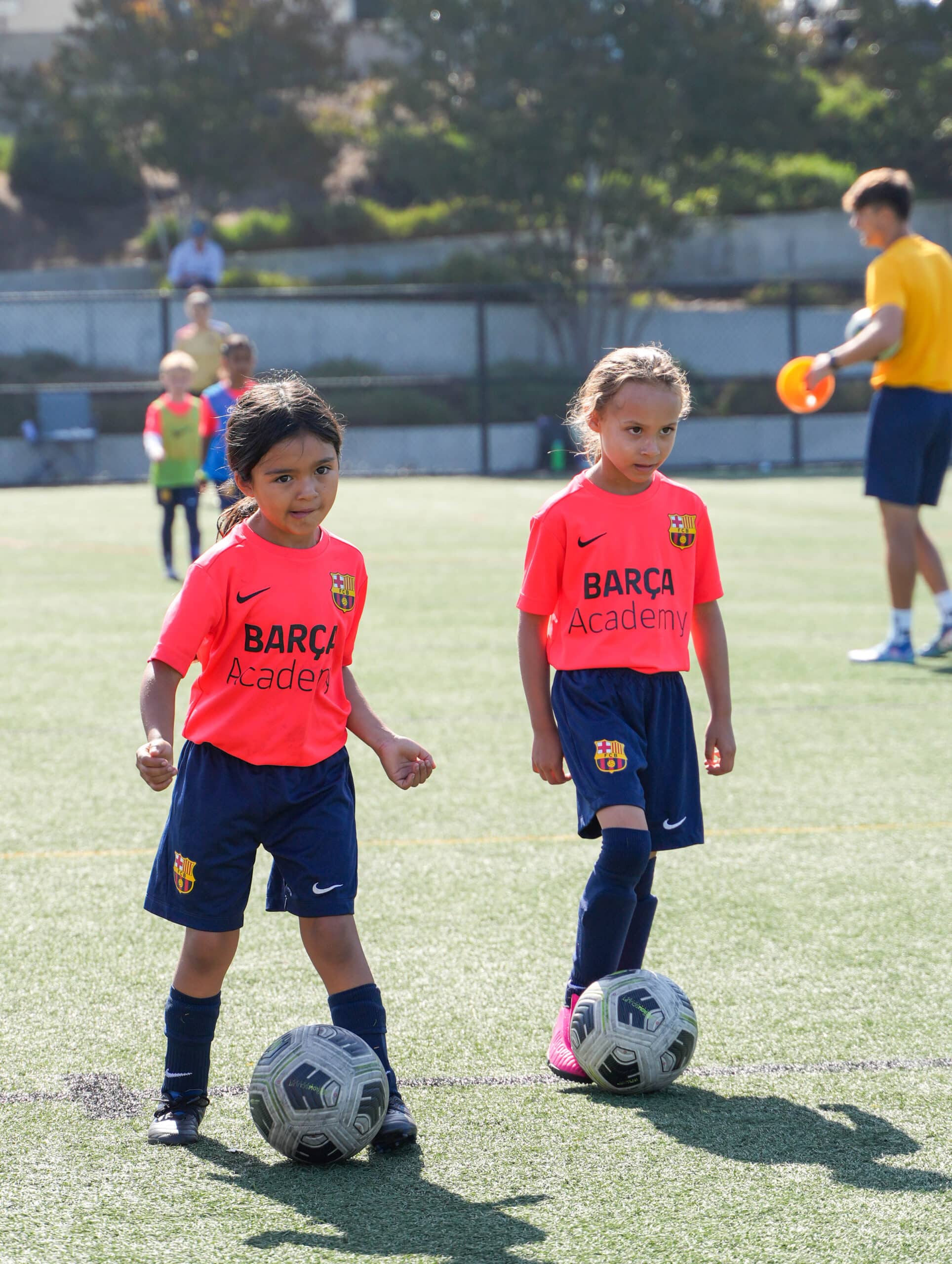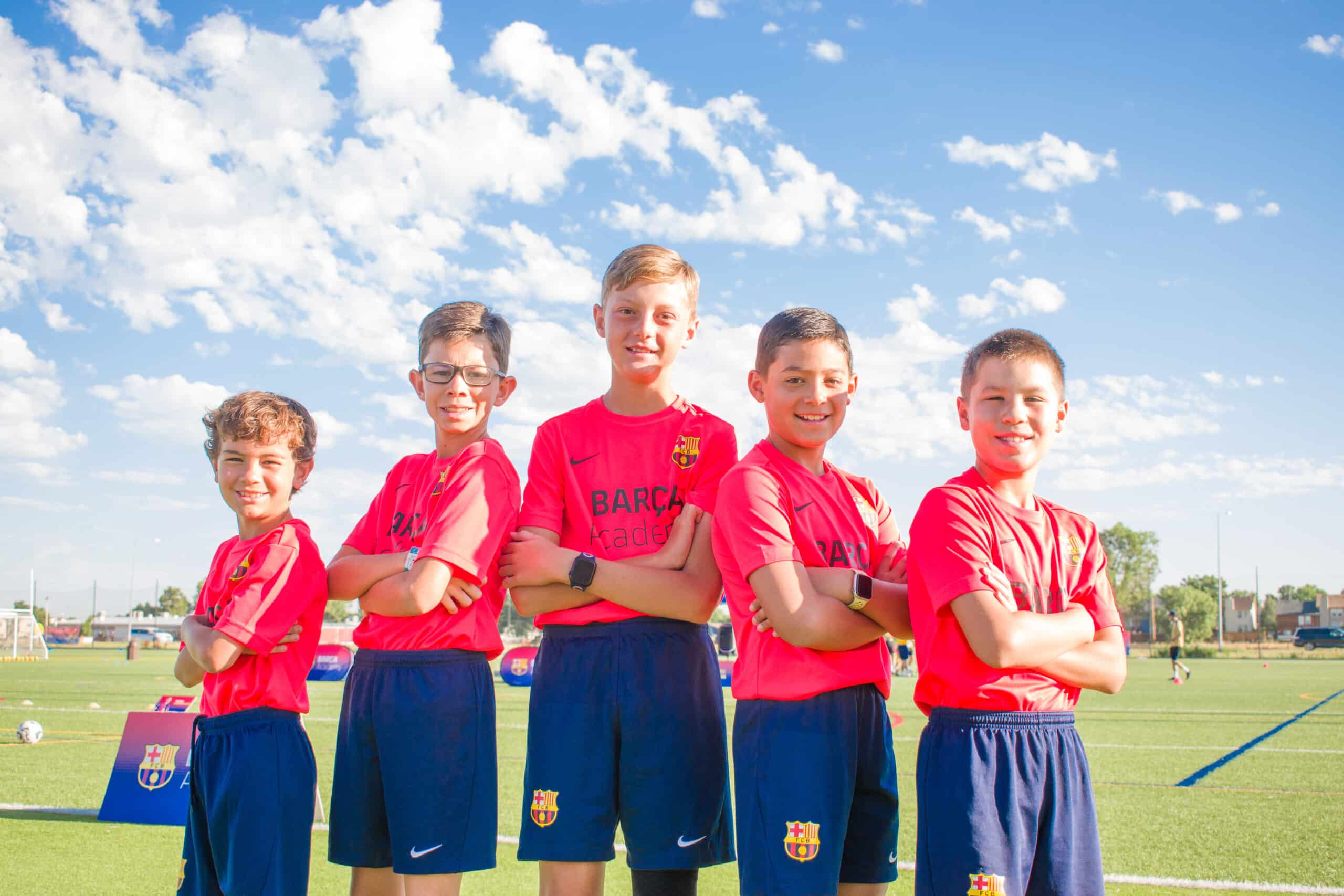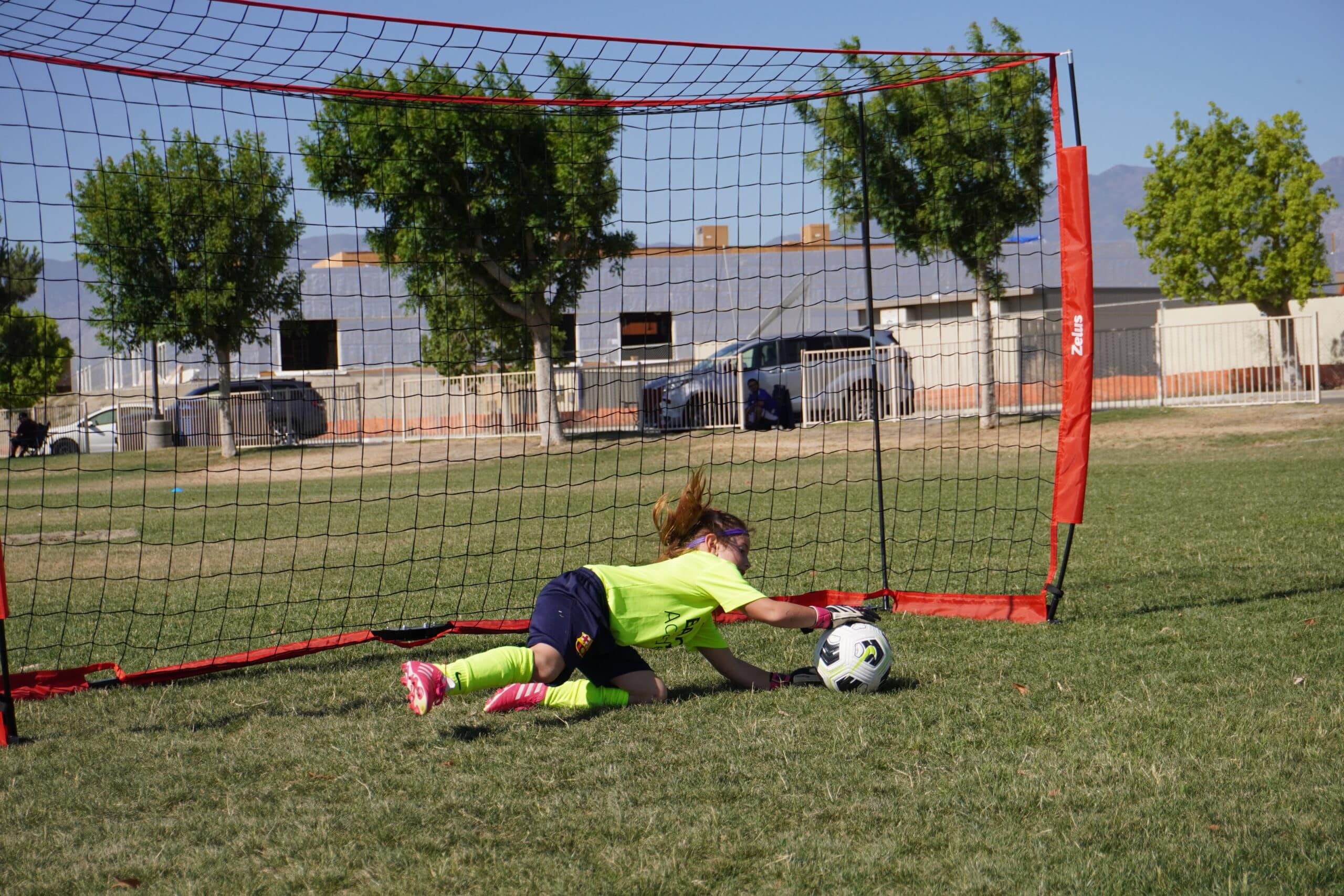Soccer, the world’s most beloved sport, transcends borders and unites people from diverse backgrounds in a shared passion. It’s a game that speaks a universal language, evoking excitement, joy, and camaraderie in the hearts of millions. At the heart of this global phenomenon lies a fascinating tapestry of playing styles, cultures, and traditions that vary from country to country. In this exploration, we dive into the enchanting world of soccer to understand how different countries approach the game.
The Global Passion for Soccer
Soccer is more than just a sport; it’s a global phenomenon that ignites passion and brings people together. Whether played on dusty streets, lush fields, or grand stadiums, soccer’s universal appeal is undeniable. It serves as a cultural centerpiece in many nations, influencing lifestyles, traditions, and identities. Regardless of language barriers or geographical distances, the love for soccer bridges gaps and fosters connections on a global scale.
The power of soccer as a unifying force cannot be overstated. It transcends politics, religion, and social divides, uniting fans in a collective celebration of skill, teamwork, and competition.
Spain: Tiki-Taka and Technical Excellence
Spain’s soccer legacy is characterized by its commitment to technical excellence. The art of Tiki-Taka passing is at the core of Spanish soccer. It involves quick, precise passing and maintaining possession to control the game. This style has not only brought success to Spain’s national team but has also influenced the way soccer is played worldwide.
In Spain, men’s and women’s soccer share this commitment to technical prowess. Legendary players like Xavi Hernandez, Andrés Iniesta, Vero Boquete and Marta Corredera have exemplified Tiki-Taka in the game. The Spanish soccer culture places a premium on ball control, possession, and creativity, and these values are instilled in players from a young age.

Brazil: Samba Soccer and Creativity
Brazil’s soccer history is legendary, known for the samba flair and creativity that their players bring to the field. In both men’s and women’s soccer, Brazil has a reputation for producing some of the most skillful and entertaining players in the world.
Samba Soccer is all about flair, individual skill, and improvisation. Players like Pelé, Ronaldinho, Neymar and Marta Vieira da Silva have left an indelible mark with their dazzling displays of skill. The emphasis on individualism and improvisation is deeply ingrained in Brazilian soccer culture, where soccer is not just a sport but an art form.

Germany: Precision and Tactical Brilliance
Germany’s approach to soccer is characterized by precision, discipline, and tactical brilliance. The German teams are known for their organized and disciplined gameplay.
German soccer places a strong emphasis on teamwork and strategic thinking. The national teams have exemplified these traits. Players like Bastian Schweinsteiger and Birgit Prinz have epitomized German soccer’s commitment to teamwork and tactical sophistication.

Argentina: Passion and Aggressive Play
Argentina’s soccer culture is renowned for its passion and intense style of play. In both men’s and women’s soccer, Argentina’s teams approach the game with a fiery determination.
They have produced amazing players like Diego Maradona, Lionel Messi, Estefanía Banini and Sole Jaimes known for their dribbling skills and attacking prowess. The Argentine soccer culture instills a sense of pride and aggressive play in its players, creating a formidable presence on the field.

Japan: Technical Prowess and Discipline
Japanese soccer development is characterized by technical excellence and discipline. In both men’s and women’s soccer, Japan has gained recognition for its disciplined approach to the game.
It places a strong emphasis on skill development and precision. Japan’s soccer culture values discipline, teamwork, and a strong work ethic. Young players in Japan are taught the importance of precise passing, intelligent positioning, and a strong team mentality.

The Barça Academy Approach
The Barça Academy embraces the beautiful diversity of soccer cultures from around the world. It recognizes that every country brings a unique flavor to the game. At the heart of Barça Academy’s philosophy is the integration of global soccer styles and values.
Barça Academy emphasizes holistic player development, instilling values such as respect, effort, ambition, teamwork, and humility. Just as each country has distinct playing styles, Barça Academy seeks to provide a comprehensive soccer education that enriches players both on and off the field. The academy’s approach is a testament to the belief that soccer is not just a game; it’s a way of life that transcends borders and unites cultures.
Universal Language of Soccer
In this journey around the world of soccer, we’ve witnessed the beautiful diversity of playing styles, cultures, and traditions that make the sport so captivating. Whether it’s the Tiki-Taka finesse of Spain, the Samba creativity of Brazil, the precision of Germany, the passion of Argentina, or the discipline of Japan, each country’s approach to soccer reflects its unique identity.
We’ve also seen how these approaches extend to both men’s and women’s soccer, with players from each country making their mark on the world stage. The love for the game is the same, and the commitment to excellence is unwavering.
In the midst of this diversity, the Barça Academy stands as a beacon of soccer education that embraces and celebrates these differences. It recognizes that soccer is more than just a sport; it’s a global language that unites us all. As we celebrate the universal appeal of soccer, let us remember that the spirit of the game lives not only on the field but also in the hearts of millions around the world.












